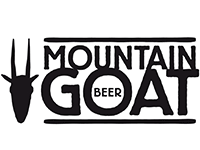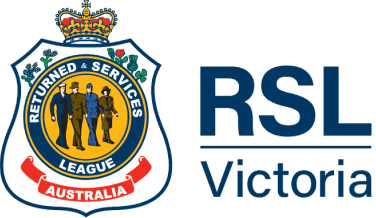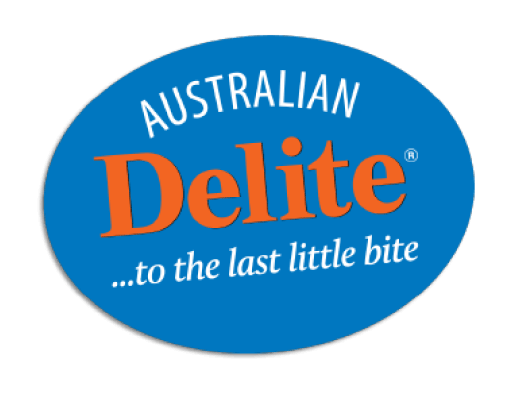Digital that connects
An unmissable digital presence connects your organisation to unlimited possibilities. We build beautiful, secure, scalable websites that connect you to your clients, customers and community. We know our UX from our CX and our SEO from our SEM. We’re agile and 100% in-house. From simple to complex, nothing online is off-limits for our talented and fully-stacked team.
We live in an age where websites have become your shop-front and salesforce, auto-fills and automation are making our lives easier, and it's becoming increasingly harder to tell if you're chatting in real-time to a person or a program.
Technology will continue to set the pace for the way we work and live. Our expert team of digital strategists, designers and developers can help you to keep on top of trends and changes to technology that impact your brand and business.
We pride ourselves on our ability to reach, attract and engage online audiences and our talent for crafting websites and cut-through user experiences that convert into lasting sales, donations and awareness for our clients.
Some of our valued clients
Our team has worked tirelessly with industry leader Thirst Creative to create a platform that will better suit the needs of our organisation and the growing baseball community as a whole.























